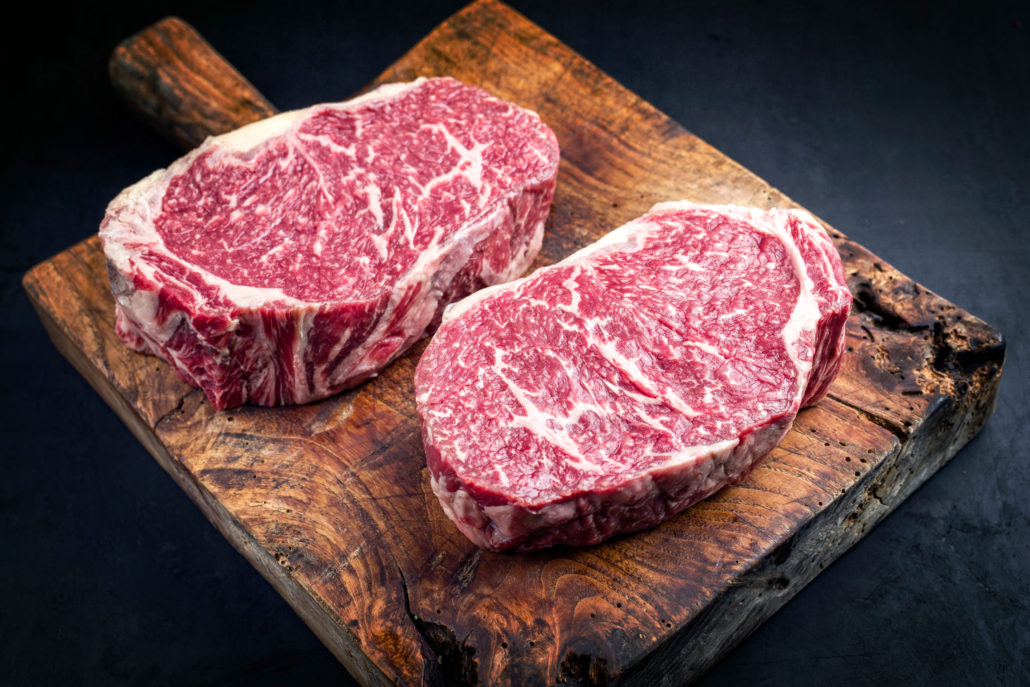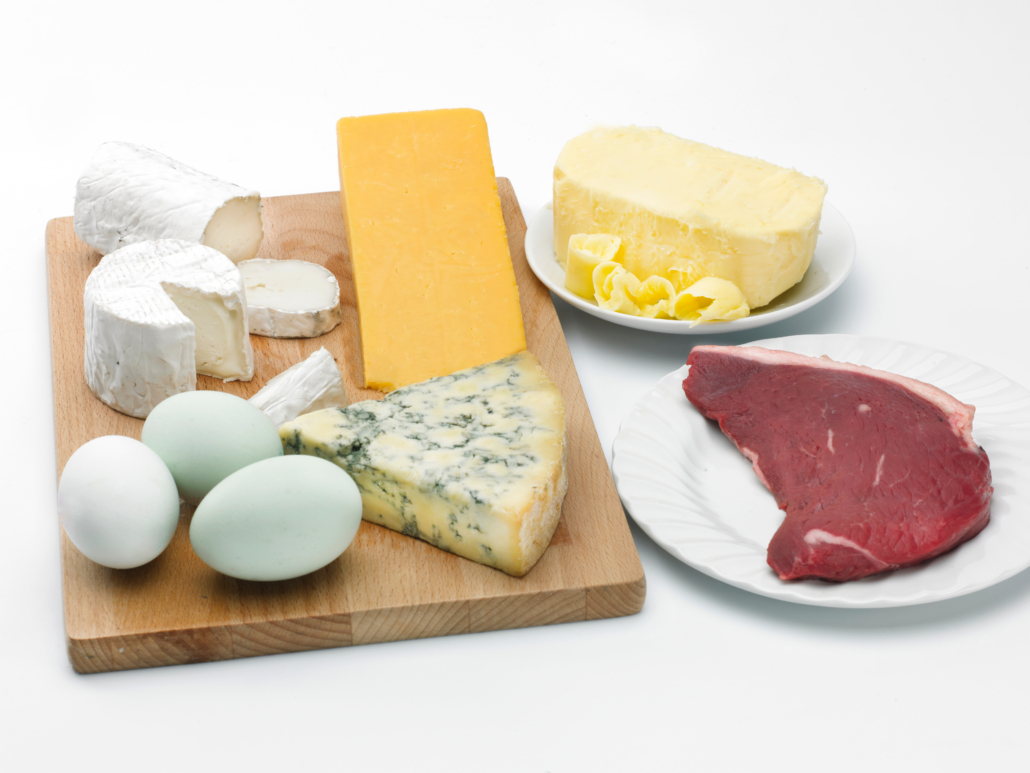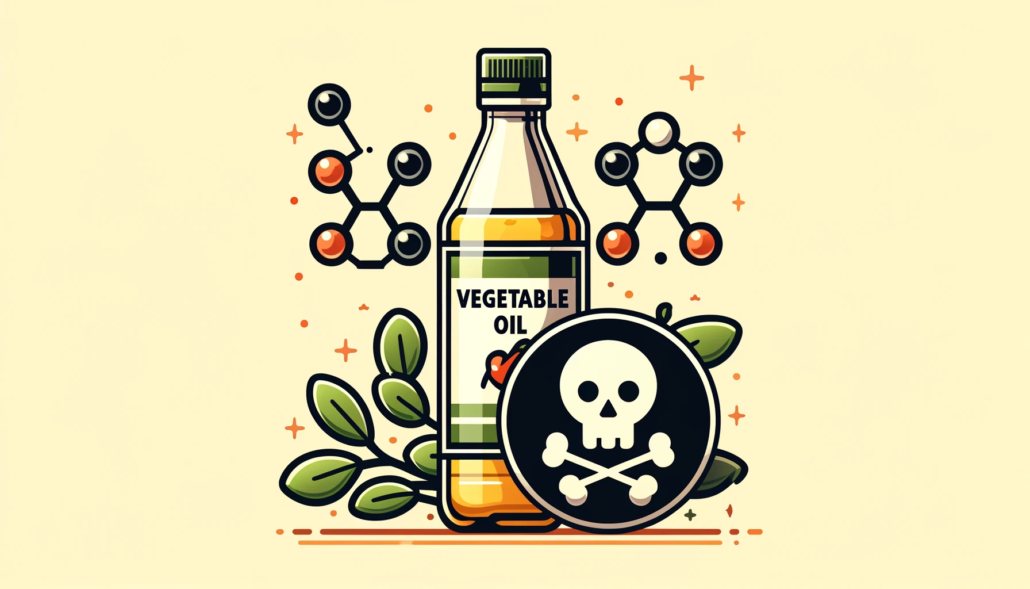We include products in articles we think are useful for our readers. If you buy products or services through links on our website, we may earn a small commission.
6 Reasons Why You’re Not Losing Weight on the Carnivore Diet and How to Fix it

The carnivore diet is a powerful way to transform your health and wellness. And for most people, the most obvious sign of this transformation is weight loss. So when you’re not losing weight on the carnivore diet, it can raise an alarm.
Before getting into the causes behind not losing weight on carnivore, and the remedies that will help you shed pounds, it’s important to note that weight loss is best understood as just one of the benefits of carnivore. And that it may be a relatively superficial benefit.
It is common to have substantial, and even obesity-qualifying body fat and be metabolically healthy. Just as it is common to be skinny and have major metabolic problems. The carnivore diet has the power to reverse inflammatory and metabolic disorders regardless of your body weight and without significant weight loss.
With that said, there’s nothing wrong with noticing a difference in the mirror and on the scale. So, in this article, we’ll explore the top 6 potential reasons why you’re not losing weight or getting leaner on a carnivore diet.
Table of Contents
How Common is Weight Loss on the Carnivore Diet?
If you’ve lurked on carnivore diet Reddit forums, listened to podcasts, or explored the #meatheals🥓🍗🍖🥩✌🏻hashtag on Instagram, you’ve likely seen hundreds of before and after photos showing people losing significant weight.
Indeed, the groundbreaking Harvard carnivore diet study found that 78% of the 2,029 participants cited losing weight as a key health reason for going carnivore.
The self-reported results with regard to weight loss showed that 93% of participants improved or resolved overweight/obesity. Participants’ mean BMI decreased on average from 27.2 to 24.3.
From both anecdotal sources and from the most comprehensive institutional survey to date, it is clear that the carnivore diet is an effective weight loss intervention for the vast majority of people who practice it.
How Does the Carnivore Diet Support Weight Loss?
There are a few key mechanisms by which the carnivore diet supports weight loss. Let’s take a look.
Cutting Carbs
By cutting carbs and consuming only whole animal products centered around ruminant meats, fish, pork, eggs, and full-fat dairy, the carnivore diet induces a metabolic shift that triggers your body to more efficiently break down body fat into energy.
Eliminating Processed Foods
All processed foods contain plant products, and most processed foods contain added sugars and vegetable oils. Both added sugars and vegetable oils have been linked to hormonal issues, including insulin and leptin resistance that cause excess weight gain and distort your body’s natural satiation signals.
In other words, these foods trick your body into thinking it’s still hungry, while at the same time, turning these calories into fat that’s stored on your body.
Even so, there are many for whom weight loss on carnivore may be stalled or elusive. The good news is that there is often a clear reason for this issue and effective strategies for overcoming it.
Top 6 Reasons Why You’re Not Losing Weight on the Carnivore Diet
Here, we’ll offer a list of issues to either rule out or address that will help you achieve your carnivore diet weight loss goals.
1. Not Enough Time

Most people see relatively dramatic weight loss results on carnivore within the first couple of weeks. But this is mainly due to shedding water weight.
When you cut carbs your body metabolizes a type of sugar stored in your muscles called glycogen. Since each glycogen molecule is surrounded by numerous water molecules, your body flushes this stored water to mobilize the glycogen.
This can lead to rapid weight loss, sometimes by unpleasant means, including explosive diarrhea, as podcaster Joe Rogan shared, “I haven’t s**t my pants yet, but I’ve come to accept that if I keep going with this diet, it’s just a matter of time before we lose a battle.”
Fortunately, these kinds of digestive issues are temporary and clear up pretty quickly once your body adapts.
When the rapid loss of water weight subsides after a few weeks, people can feel like their weight loss has stalled. But the reality is that it takes most bodies more time to significantly metabolize stored body fat.
That’s why one of the keys to weight loss success on the carnivore diet is to commit to at least 30 days, while 60-90 day carnivore challenges will be the truest demonstration of whether or not the carnivore diet is an effective weight loss strategy for you.
These longer time frames also give you the runway to tweak and dial in your dietary formulations based on their effects on your body.
2. Too Much Protein, Not Enough Fat
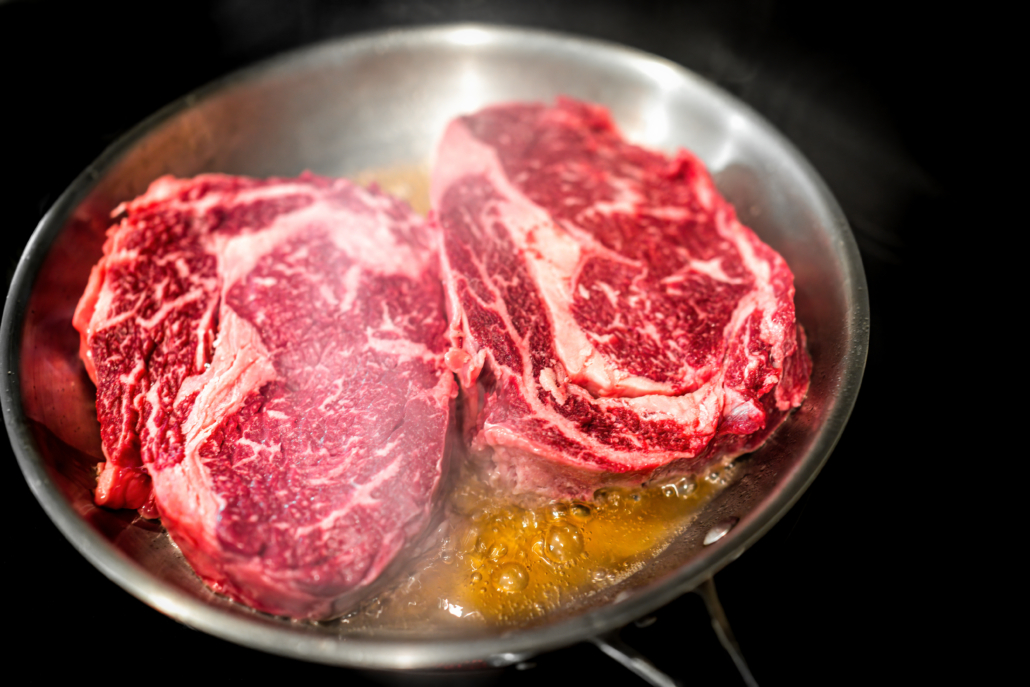
The carnivore diet is, by default, a high-fat, low-carb diet. This is because your body can only get about 35% of its calories from protein without encountering symptoms of protein poisoning.6
When you cut carbs on carnivore you’ll need to get nearly 100% of your calories from a combination of protein and fat. This means that you’ll need to get at least 65% of your calories from fat.
On a low-carb diet, when you eat too much protein and not enough fat, your body turns the protein into blood sugar through a process called gluconeogenesis. This process interferes with fat metabolism, which can, in turn, limit weight loss.
That said, fat does have more than twice as many calories per gram than protein: 8.4 calories per gram of fat, and 4 per gram of protein.
Despite what you may have heard about eating all the fatty meat you want and watching fat melt away, if you’re not using your caloric intake, your body will store this excess energy as fat.
1 Gram of Fat to 1 Gram of Protein
When considering both protein constraints and caloric intake, an effective weight loss approach to carnivore for most people is to formulate a diet that is around 1 gram of fat for every 1 gram of protein.
Intermittent Feasting
Another way to support fat burning while limiting excess calorie intake is to practice intermittent fasting, or “feasting” as Dr. Kiltz calls it.
Eating only within a designated window allows your body to fully utilize the calories you consume each day while helping avoid mindless snacking. On a carnivore diet, most people naturally tend towards eating only one or two large meals a day because foods like fatty steak are so naturally satiating.
One of the most accessible forms of intermittent fasting is called 16/8, which means you eat during an eight-hour window, and fast for the remaining 16 hours. You can learn more about how intermittent fasting supports weight loss here, and the many researched benefits of intermittent fasting here.
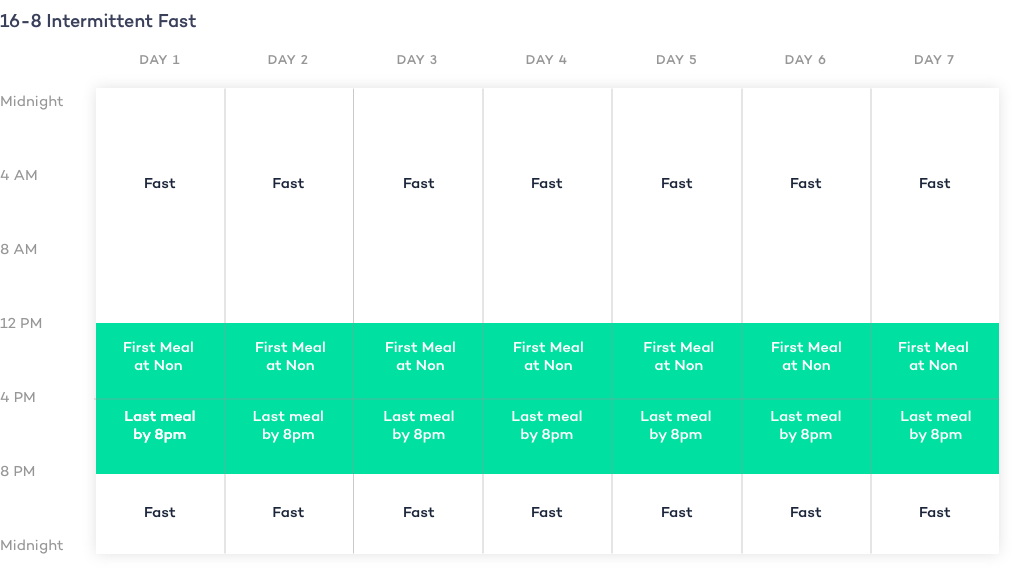
Consume Fewer Calories
If you’re following the recommendations regarding fat-to-protein ratio and/or intermittent feasting, but still not seeing weight loss results, try experimenting with reducing your caloric intake by 100 or 200 calories per day.
The idea here is not to starve yourself, but to accurately align your caloric intake with your metabolic needs. If you have excess body weight and underlying metabolic risk factors, then it’s generally safe to assume that you will benefit from helping your body harvest energy from its own fat stores. And a tried and true way to do this is by moderately restricting caloric intake.
3. Not Moving Enough

Losing weight is always a matter of burning calories, and stimulating calorie burning by diet alone doesn’t always do the trick.
Low impact movement like brisk walks, cycling, swimming, stretching, and yoga are excellent ways to stimulate fat burning.
Weight and resistance training using appropriate form and recovery techniques can also be beneficial. We know that metabolic rate increases in relation to increased lean muscle mass.
4. Not Drinking Enough Water
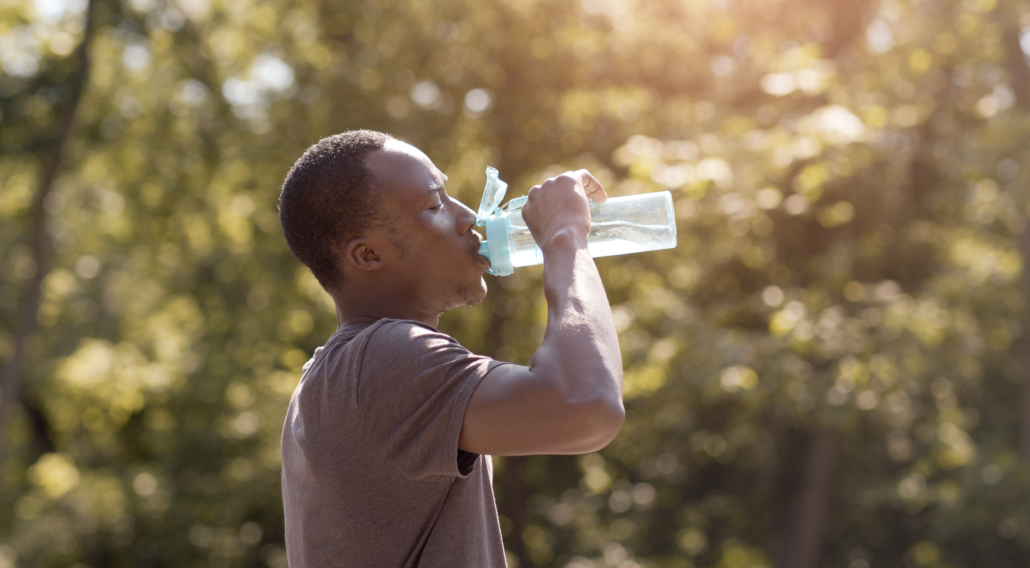
Most low-carb dieters know it is important to increase salt intake to help rebalance electrolytes. But with that salt increase, it’s equally important to boost your water intake.
Studies show that increasing hydration leads to weight loss. Drinking water reduces appetite while increasing lipolysis. Lipolysis is a metabolic process that mobilizes stored fats for energy.
5. You’re at Your Proper Body Mass and Weight

If your goal to be skinny, when your natural healthy body weight doesn’t conform to unrealistic ideals, you’re going to have a very difficult time losing weight.
Proper body weight and body fat for the average person don’t look like a rippling six-pack.
In fact healthy body fat percentages are:
- 21%-32% for women age 20-39
- 8%-19% for men age 20-39
- 23%-33% for women age 40-59
- 11%-21% for men age 40-59
- 24%-35% for women age 60-79
- 13%-24% for men age 60-79
The leaner you are, the slower and less dramatic your weight loss will be.
6. Not Sleeping Enough

Sleep and weight loss are closely linked. Not getting enough sleep can dramatically reduce your ability to reduce body fat.
A 2013 study found that when a group practicing a weight loss diet got only around 5.5 hours of sleep per night for 14 days, their weight loss due to reduction in body fat was reduced by 55% compared to a group that got 8.5 hours of sleep.
6 Reasons Why You’re Not Losing Weight on the Carnivore Diet and How to Fix it: The Bottom Line
The carnivore diet can be an effective approach to achieving dramatic health benefits, including significant weight loss and improved muscle mass.
However, there are a few factors that can get in the way of your weight loss goals, including
- Not giving it enough time: give it at least 30 days, while 60-90 is optimal when assessing weight loss effects
- Too much protein, not enough fat: Aim for at least 65% of your calories from fat
- Not moving enough: Make movement practices a part of your carnivore lifestyle
- Not drinking enough water: Hydration is an overlooked component of weight loss
- Your body isn’t supposed to lose weight: Being “fat” or carrying body weight is not unhealthy if your underlying metabolism is healthy.
- Not sleeping enough: Poor sleep significantly reduces fat burning












